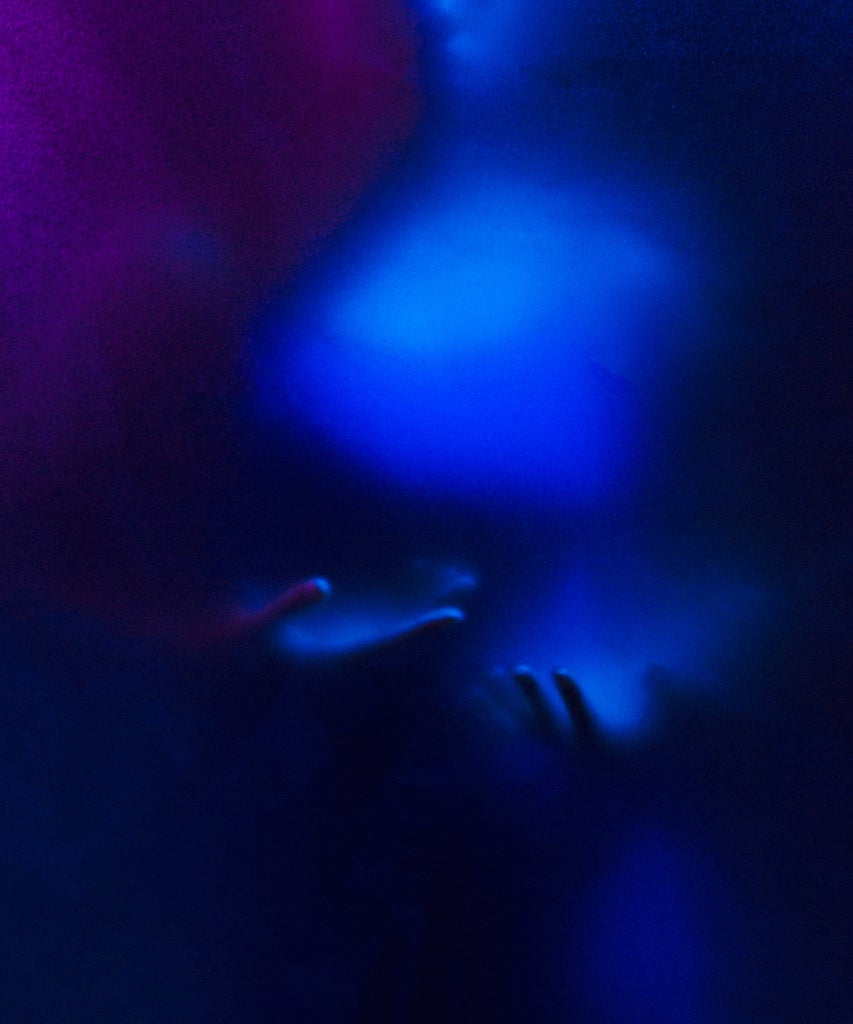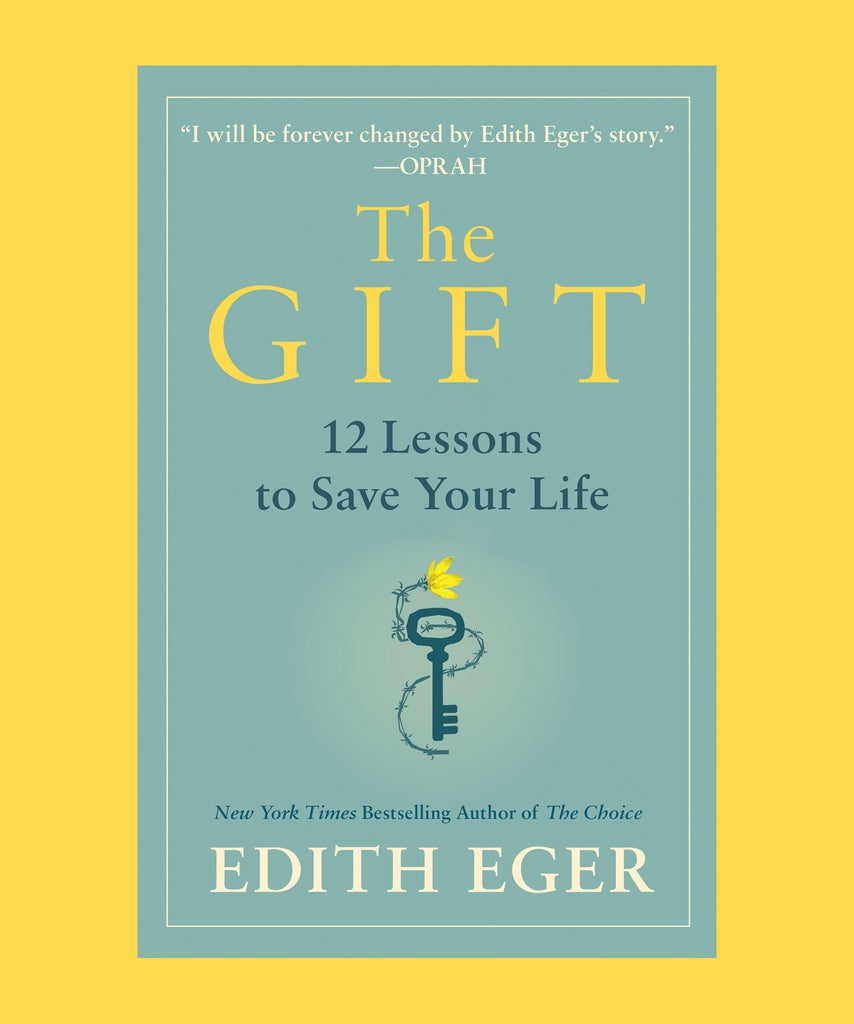I Survived The Holocaust. Here’s How To Hold Onto Hope Through Anything
September 15, 2020DMT Beauty#DMTBeautySpot #beauty

Editor’s note: Some may find some of the descriptions of violence in the following essay and excerpt disturbing. Please proceed thoughtfully.
Below is an essay from Edith Eger, PhD, a psychologist and Holocaust survivor, followed by an excerpt from The Gift: 12 Lessons to Save Your Life, out September 15. In the essay and excerpt, Eger discusses surviving a pandemic and Auschwitz, and offers powerful lessons in resilience, grief, and finding hope amid darkness.
One cold dawn in April, 1944, when I was sixteen, my family and all the Jews of Kassa, Hungary, were rounded up and imprisoned in an old brick factory at the edge of town. A few weeks later, we were loaded into a cattle car bound for Auschwitz. My parents were murdered in the gas chambers the day we arrived.
Each moment in Auschwitz was hell on Earth. It was also my best classroom, the place where I discovered how to cope with chronic fear and uncertainty, and to survive a reality I could not have expected or anticipated.
Nine months into a global pandemic that has many of us fearful for our health and financial security, we are again in extraordinary times. Under the burden of isolation, massive upheaval, and concern about how to manage all facets of our daily lives in these unforeseen and unprecedented circumstances, rates of depression and anxiety are on the rise. During late June of this year almost 41% of adults experienced symptoms of anxiety, depression, trauma, stress, or substance abuse, according to the Centers for Disease Control and Prevention. Over 25% of people aged 18 to 24 contemplated suicide. Powerlessness and hopelessness are all around us.

I’m reminded now, though, of what I learned those many years ago in Auschwitz. Though we can’t change the external conditions that limit, oppress, or frighten us, we can choose our response. This ability to choose how we respond to whatever life throws our way is the basis of our freedom.
I thought my freedom would begin the moment the war ended and the death camps were liberated. I didn’t know that the worst prison was not the one the Nazis put me in, but the one I built for myself in the decades after the war, when I chose to stay a hostage of the past, stuck in a mental prison of secrets, survivors’ guilt, and self-limiting beliefs. In my clinical psychology practice, I’ve observed that many of us experience feeling trapped in our minds. Our thoughts and beliefs determine, and often limit, how we feel, what we do, and what we think is possible.
Ultimately, our worst experiences can be our best teachers, helping us to discover and develop the tools of inner freedom.
In Auschwitz, when hopelessness overwhelmed me, I’d think of what my mother had told me in the dark, crowded cattle care on our way to prison: “We don’t know where we’re going. We don’t know what’s going to happen. Just remember, no one can take away what you’ve put in your mind.”
During the long, terrible days and nights in prison, I’d choose what to hold in my mind. I’d think of my boyfriend, Eric, how our romance kindled at a time of war, how we’d go picnicking by the river, eating my mother’s delicious fried chicken and potato salad, planning our future. I’d picture our reunion, how we would melt into each other’s arms with joy and relief. It’s not that daydreaming about Eric erased the horror. It didn’t bring back my parents or ease the pain of their deaths — or the looming threat of my own. But thinking of him helped me see past where I was, to envision a tomorrow that included my beloved, to keep starvation and torture in perspective. I was living through hell on earth. And it was temporary. If it was temporary, it could be survived.
This is a lesson life invites us to keep learning.
The below excerpt shows us that, too.
I survived Auschwitz and Communist Europe and came to America, land of the free, and discovered that the bathrooms and drinking fountains in the factory where I worked in Baltimore were segregated. I’d fled hate and prejudice, only to find more prejudice and hate.
On April 27, 2019, on the last day of Passover, the Jewish holiday celebrating liberation, an armed man walked into an Orthodox synagogue near San Diego, CA, where I live, and opened fire, killing one congregant. He said, “I’m just trying to defend my nation from the Jewish people.” A few months later, in a Walmart in El Paso, TX, my former home, another young white man shot and killed twenty-two people in a murderous act of anti-immigrant, white-supremacist hate. Did my parents die so the past could be repeated?
I’ll never forget the lurch in my gut when I finished a lecture for a university class in El Paso many years ago, and the professor asked, “How many of you know about Auschwitz?” There were at least two hundred people in that auditorium. Only five students raised their hands.
Ignorance is the enemy of hope.
And it’s the catalyst for hope.
I had the privilege of meeting one of the survivors of the San Diego synagogue shooting a few weeks before he started his first year of college. Born in Israel, he had immigrated to the United States with his family when he was nine. His parents weren’t strongly religious, but he and his father had recently started attending synagogue every Saturday, a practice he found helpful “to think, reboot, refresh, sort of reflect on what I did wrong and right during the week.”
Edith Eger
Hope tells us that life is full of darkness and suffering—and yet if we survive today, tomorrow we’ll be free.
The morning of the shooting he was also trying to decide which college to attend, weighing his options. While his father stayed in the sanctuary to hear the reading of the Torah, he sat in the front foyer of the synagogue, his favorite spot to pray and reflect. He was gazing out the window, when out of the corner of his eye he saw a man enter the building, then the tip of a gun, bullets flying, a woman falling to the ground. “Run!” he told himself. He jumped up to flee, but the gunman noticed and ran after him, yelling, “You’d better run, motherfucker!” He found an empty room, dove under a desk, pressed himself to the wood. The gunman’s footsteps reached the doorway. My young friend held his breath. The footsteps retreated. My friend didn’t dare move. He was still pressed against the desk, trying not to breathe, when his father found him. The gunman had fled the building, his father reassured him. But he remained frozen under the desk.
“I’m going to speak to you, survivor to survivor,” I told him.
“This experience is always going to be with you.” I told him the flashbacks and panic usually don’t go away. But what we call post-traumatic stress disorder is not a disorder — it’s a very normal reaction to loss, violence, and tragedy. Though he’ll never overcome what he witnessed that day, he can come to terms with it. Even use it, as we can use everything in life, to fuel our growth and purpose.
That’s the hope I offer you.
You could have died, too, somehow. Perhaps there’ve been times when you’ve wanted to. But you didn’t. Hope is the conviction that you survived all that you survived so that you can be a good role model. An ambassador for freedom. A person who focuses not on what you’ve lost, but on what’s still here for you, on the work you’re called to do.
There’s always something to do.
My aunt Matilda, who lived to be one hundred, woke up every morning and said, “It could be worse, and it could be better.” That’s how she started each day. I’m 92, and most days I wake up and feel some kind of pain. That’s reality. It’s part of aging, part of living with scoliosis and damaged lungs. The day I feel no pain is the day I’m dead.
Hope doesn’t obscure or whitewash reality. Hope tells us that life is full of darkness and suffering—and yet if we survive today, tomorrow we’ll be free.
Dr. Eger’s Keys To Keep Yourself Free From Hopelessness:
1) Don’t cover garlic with chocolate. It’s tempting to confuse hope with idealism, but idealism is just another form of denial, a way of evading a true confrontation with suffering. Resiliency and freedom don’t come from pretending away our pain. Listen to the way you talk about a hard or hurtful situation. It’s okay. It’s not that bad. Others have it so much worse. I don’t have anything to complain about. Everything will work out in the end. No pain, no glory!
The next time you hear yourself using the language of minimization, delusion, or denial, try replacing the words with: “It hurts. And it’s temporary.” Remind yourself, “I’ve survived pain before.”
2) It takes courage not to be discouraged. There’s progress and change all around us; nothing new ever happened before. Set a timer for ten minutes and make a list of as many things as you can think of that are better now than they were five years ago. Think on the global scale — human rights advances, technological innovations, new works of art. And think on the personal level. Things you’ve made, achieved, or changed for the better. Let the work that still needs doing be a catalyst for hope, not despair.
3) Hope is an investment in curiosity. Find a comfortable seat or lie down and close your eyes. Relax your body. Take a few centering breaths. Imagine yourself walking along a path or a road. You’re on your way to meet your future self. Where are you walking? Along a bright city street? In a forest? Along a country lane? Notice your surroundings in vivid sensory detail. Pay attention to sights, smells, sounds, tastes, and physical sensations. Now you’re arriving at your future self ’s doorstep. Where does your future self live? In a skyscraper? Log cabin? House with a wide front porch? The door opens. Your future self greets you. What does your future self look like? What is he or she wearing? Embrace or shake hands. Then ask, “What is it you want me to know?”
Copyright © 2020 by Dr. Edith Eva Eger.
Like what you see? How about some more R29 goodness, right here?
How Can We Grieve 294,025 Lives?
What Is Holocaust Instagram Eva Stories?
A Tribute To Holocaust Victims' Powerful Message
DMTBeautySpot
via https://www.DMTBeautySpot.com
Edith Eger, Khareem Sudlow

0 comments